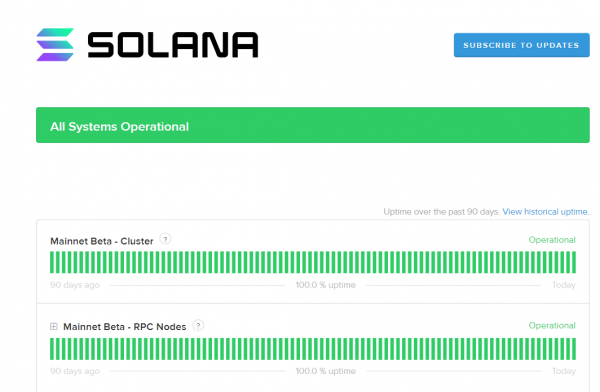Liquidity pools are the backbone of many decentralized exchanges (DEXs). They are smart contract-based pools of tokens locked in a reserve that facilitate trading by providing liquidity. In traditional finance, liquidity refers to the ease with which an asset can be converted into cash without affecting its market price. In DeFi, it refers to the availability of assets for trading in a DEX 🌐💰.
Taking the Plunge: How Do Liquidity Pools Work?
Liquidity pools depend on liquidity providers (LPs) – users who lock up their tokens in a smart contract to facilitate trading. In return, LPs earn transaction fees based on the proportion of their contribution to the pool. The tokens are often locked in a 50/50 ratio, meaning if you provide $100 worth of ETH, you must also provide $100 of the paired token 🔄.
Key mechanics of liquidity pools:
- Automated Market Makers (AMMs)🤖📈: Liquidity pools use AMMs to facilitate trades and set prices. Instead of matching buyers and sellers, AMMs use algorithms based on the quantities of tokens in the liquidity pool to determine the price of each token.
- LP Tokens 💳: When you add liquidity to a pool, you receive LP tokens, representing your share. These tokens can be used to reclaim your share of the pool and any earned fees.
The Lure of the Pool: Benefits of Liquidity Pools
Liquidity pools come with a set of benefits that are enticing to many in the DeFi space:
- Earn fees 💸: LPs earn fees from the trades in their pool, providing a potential income stream.
- Permissionless and open 🚀: Anyone can create a liquidity pool or become an LP, promoting financial inclusivity.
- Increased market efficiency 📈: Liquidity pools provide constant liquidity, even for less popular token pairs.

